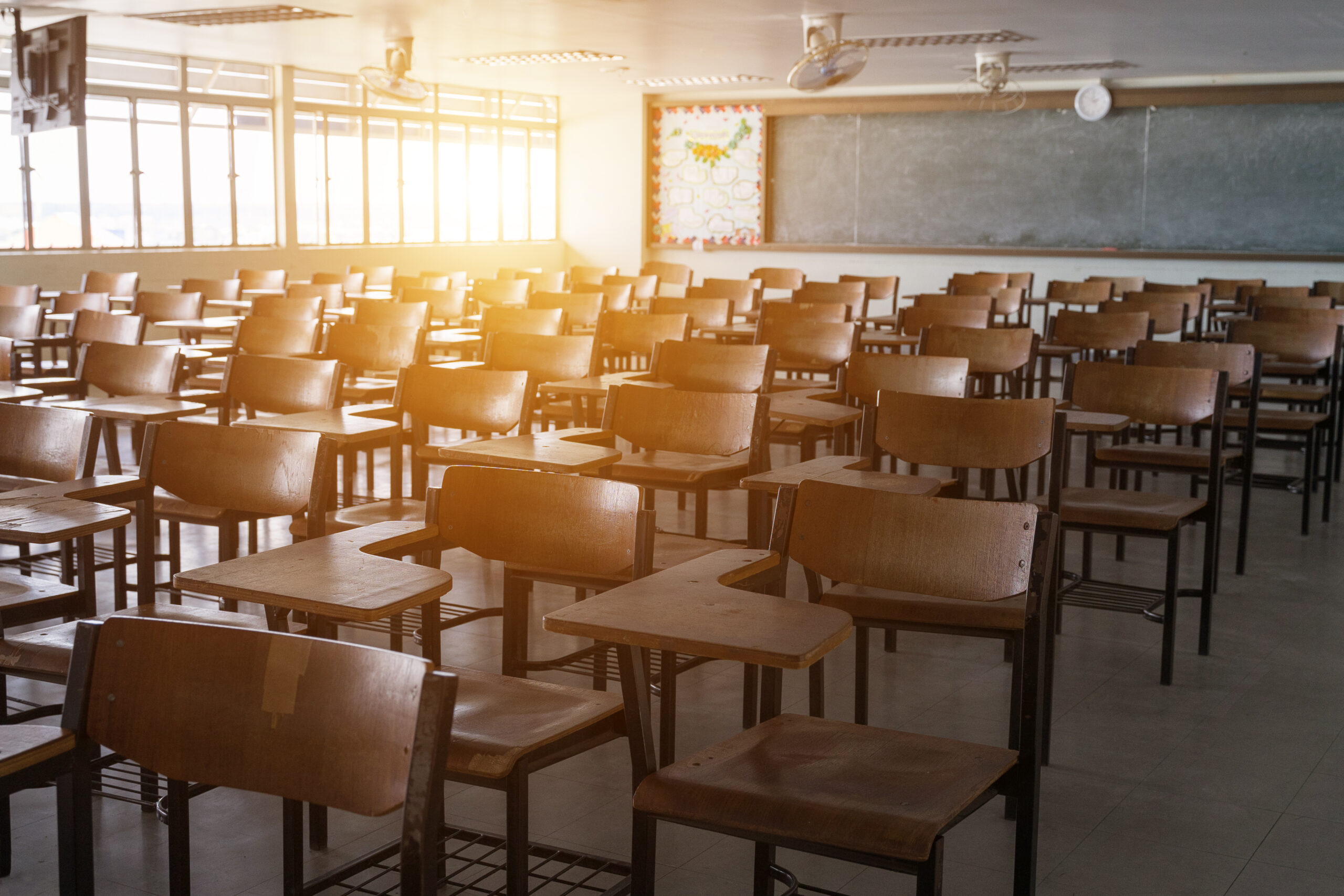When it comes to finding the perfect school for your child, considering their unique personality can play a big role in ensuring their success and happiness. From adventurous explorers to creative thinkers, each child has their own individual traits that can thrive in the right educational environment.
Here is a breakdown of five of the most common types of schools, and how they might fit the needs of your child’s personality.
Public School
Your Child’s Personality: Your child loves being part of a community, is a social butterfly who can’t get enough of playing outside with the neighborhood kids, and asks you to schedule playdates with all the children on their local sports team.
Why This School Might Be a Good Fit: Traditional public schools are probably the schools that most think of first. These schools are tuition free, and are funded by the government through local, state and federal taxes. They follow a curriculum set by the state, which helps ensure students are being taught the same material regardless of the city or county where they reside. Students are zoned into the public school based on where they live, but it is usually possible in certain extenuating circumstances for children to transfer to other schools within the district. A benefit of public schools is that there is usually a strong sense of community within the school and tremendous support for the school throughout the community.
Private School
Your Child’s Personality: Your child thrives in smaller classes, and would do well in a more intimate environment with a specialized focus.
Why This School Might Be a Good Fit: With a private school, your child is able to attend regardless of your place of residence. If you have a way to get your child to and from the school, and a means to pay for the tuition, then this may be a good fit for your child. Because private schools are not funded by the government and are run by private individuals or an organization, they are able to focus more on values, such as religion or educational theories. While private schools must still follow state standards, they are able to have specific focuses, such as learning to speak and write in a second language, a focus on AP classes, culinary arts, robotics and more. A benefit of public school is that parents can ensure their children are learning values they want instilled in them, or subjects they know their child is interested in learning.
Charter School
Your Child’s Personality: Your child can’t seem to stop creating art projects, or longs to perform in musicals or act in plays, or is obsessed with LEGO and conducting science projects.
Why This School Might Be a Good Fit: Charter schools are publicly funded, tuition-free schools that have more flexibility than your traditional public school. These schools operate through agreements, or charters, with state or local governments that then set the rules and performance standards for the students. Because they are not bound by the same state standards, they can make choices about curriculum, student-to-teacher ratio, and even the focus of the school, such as STEM, art, music or theater. Some benefits of a charter school are the potential for smaller class sizes and student-to-teacher ratio, as well as the unique educational focus each school may have.
Magnet School
Your Child’s Personality: Your child loves to be challenged, is curious about foreign languages and cultures, wonders how everything works, is curious about technology.
Why This School Might Be a Good Fit: Magnet schools are tuition-free schools that operate within public school districts. The main difference between a magnet school and a traditional public school is that the magnet school will have a certain area of focus, such as world languages, performing arts, STEM or leadership. In these schools, students will still learn the basic criteria that is set out by the state, but with a more hands-on approach based on the school’s specific area of interest. Much like a charter school, the education experience is focused on specific interests. Although magnet schools are still part of the tax-funded public school system, they typically offer smaller class sizes with more individualized attention.
Online School
Your Child’s Personality: Your child needs flexibility, likes to set their own routine and learn at their own pace.
Why This School Might Be a Good Fit: Online school (also called virtual school or distance learning) is similar to homeschooling, in that a student doesn’t go to a physical, brick-and-mortar school. Instead, students are taught by teachers online, from the comfort of their own home, while parents assist when needed. Virtual learning became popular during the pandemic, when many schools paused in-person learning, but it continues to be a popular option for many families today.




